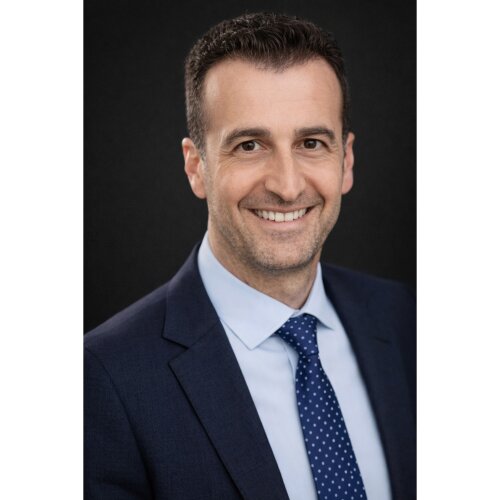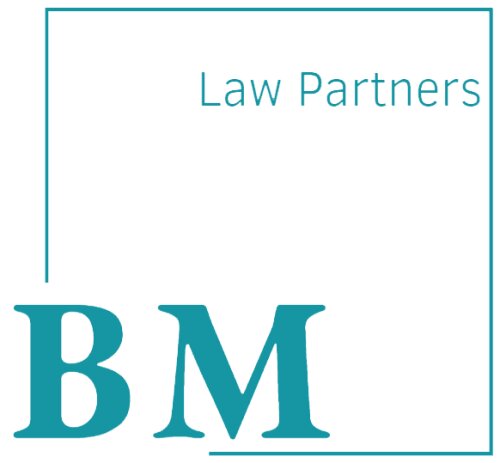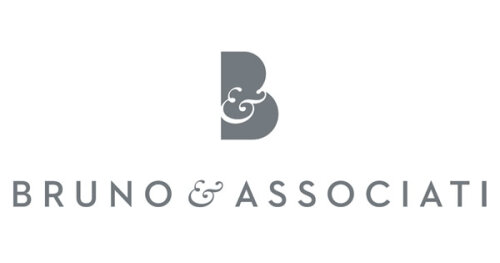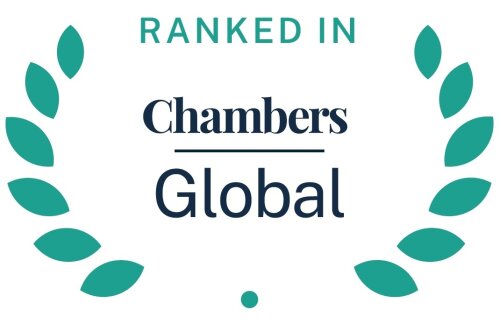Best Agriculture Lawyers in Milan
Share your needs with us, get contacted by law firms.
Free. Takes 2 min.
List of the best lawyers in Milan, Italy
About Agriculture Law in Milan, Italy
Agriculture law in Milan, Italy is an intricate field that governs various aspects of farming, livestock, agribusiness, land use, and environmental issues. Milan is situated in the Lombardy region, which is known for its rich agricultural productivity. The region produces a vast range of products, including rice, maize, wheat, and dairy. The Po Valley, in particular, is a significant agricultural hub. The legal framework is designed to protect the rights of farmers, promote sustainable development, encourage innovation, and ensure compliance with European Union policies and standards.
Why You May Need a Lawyer
There are many situations in the agricultural sector where legal advice could be beneficial. For instance, if you are purchasing or leasing farmland, you may need to navigate complex property laws. Environmental regulations are stringent, and compliance is essential; a lawyer can help ensure that your farming practices are ecologically sound and legal. Moreover, if you're dealing with contracts related to agribusiness or you want to understand the implications of EU agricultural subsidies, legal guidance is crucial. Issues related to labor laws, such as migrant worker employment, also frequently require legal expertise.
Local Laws Overview
Local laws in Milan that relate to agriculture are primarily regulated under Italian law and European Union directives. Key areas include land ownership and tenancy, quality control of agricultural products, protected designation of origin (PDO), geographical indication (PGI), and traditional specialty guaranteed (TSG) labels. Furthermore, agriculture in the area must comply with the Common Agricultural Policy (CAP) of the EU, which aims to support farmers and improve agricultural productivity. The Italian government also has national policies that support rural development and provide guidance for organic farming practices. It is important to be familiar with these regulations to maintain lawful operations.
Frequently Asked Questions
What legal structure should I consider for my farming business?
This will depend on the size and scope of your operation. Options include sole proprietorship, partnership, a limited company, or a cooperative. Each structure has its own legal and tax implications, and choosing the right one is essential for the long-term success of your business.
How do I ensure my farm complies with environmental laws?
Compliance involves understanding the relevant EU directives and local legislation, such as waste management, water usage, and pesticide regulations. Regularly reviewing practices and staying informed about legislative updates are key steps for compliance.
Can I trademark my agricultural products?
Yes, you can trademark unique agricultural products. Italy has specific certifications like PDO, PGI, and TSG, which protect the names of quality agricultural products.
What should I do if I'm facing a dispute over land boundaries?
Land disputes can be complex, and you should seek legal assistance. Lawyers experienced in real estate or agriculture law will help to negotiate settlements or represent your interests in court if necessary.
Are there any subsidies available for farmers in Milan?
Yes, the EU provides subsidies under the CAP, which are designed to support farmers, ensure food security, and promote sustainable land use practices.
How can I legally employ seasonal workers on my farm?
Seasonal workers must be employed in accordance with Italian labor laws, which regulate contracts, work hours, and conditions. Assistance from a lawyer can help navigate these regulations effectively.
What do I need to know about selling my agricultural products abroad?
Exporting products requires knowledge of the trade regulations of the destination country as well as EU export regulations. You may need certificates of origin, health certifications, and to comply with various trade agreements.
Is organic certification worth pursuing?
Organic certification can open up new markets and often allows for premium pricing. Consider the regulatory requirements, costs, and benefits for your particular situation.
What legal issues should I be aware of when using agricultural technology?
When implementing new technologies, make sure that they comply with regulations concerning data protection, machinery safety, and any patent law considerations.
How can I protect my agricultural IP and innovations?
Legal protections for inventions, such as patents, or for plant varieties can be obtained through the appropriate Italian and EU offices. Consultation with an intellectual property lawyer is advisable.
Additional Resources
Key resources include the Italian Ministry of Agricultural, Food and Forestry Policies, the Lombardy Region Agriculture Department, and the European Union's Rural Development Program for Lombardy. Farmer associations like Coldiretti and Confagricoltura can also provide valuable support and guidance.
Next Steps
If you require legal assistance in the field of agriculture in Milan, the first step is to consult with a lawyer who specializes in agricultural law and understands both Italian and EU regulations. They can offer personalized advice for your specific situation, help you navigate the complexities of the law, and ensure that your farming activities are compliant and protected.
Lawzana helps you find the best lawyers and law firms in Milan through a curated and pre-screened list of qualified legal professionals. Our platform offers rankings and detailed profiles of attorneys and law firms, allowing you to compare based on practice areas, including Agriculture, experience, and client feedback.
Each profile includes a description of the firm's areas of practice, client reviews, team members and partners, year of establishment, spoken languages, office locations, contact information, social media presence, and any published articles or resources. Most firms on our platform speak English and are experienced in both local and international legal matters.
Get a quote from top-rated law firms in Milan, Italy — quickly, securely, and without unnecessary hassle.
Disclaimer:
The information provided on this page is for general informational purposes only and does not constitute legal advice. While we strive to ensure the accuracy and relevance of the content, legal information may change over time, and interpretations of the law can vary. You should always consult with a qualified legal professional for advice specific to your situation.
We disclaim all liability for actions taken or not taken based on the content of this page. If you believe any information is incorrect or outdated, please contact us, and we will review and update it where appropriate.















